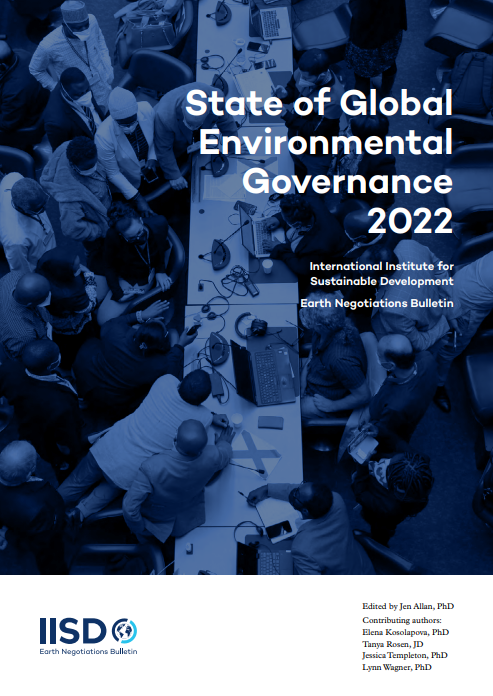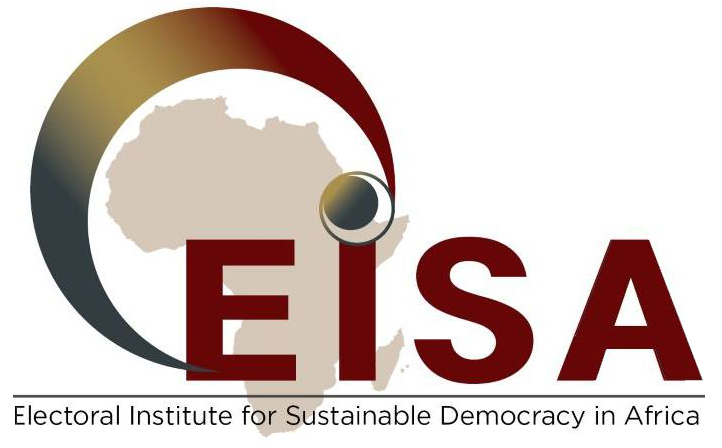The 2022 State of Global Environmental Governance report by the International Institute for Sustainable Development reviews the past year’s progress in global environmental governance. This report spotlights the triumphs and shortcomings of global environmental diplomacy upon resuming in-person discussions in 2022. Over 634 decisions were made across 10 Conference of the Parties (COPs) and Meetings of the Parties (MOPs), establishing these as the most influential treaty decision-making bodies.
The report zeroes in on three critical issues from 2022: carbon colonialism, nature-based solutions, and loss and damage. Nearly every environmental treaty has transitioned to implementation, imposing stringent obligations on countries. The report anticipates that transparency could become the primary focus of global environmental governance starting in 2023.
Despite the multitude of crises experienced in 2022, such as war, energy insecurity, famine, inflation, climate change, and nature loss, there were notable victories for global environmental governance. After overcoming challenging issues and late-night negotiations, countries agreed on the Kunming-Montreal Global Biodiversity Framework. Conversations commenced on forming a globally binding agreement on plastic pollution. Following pressure from various Group of 77 (G77) countries, climate negotiators agreed to establish a dedicated fund for loss and damage.
Key findings of the report:
- The world is unable to achieve the Sustainable Development Goals (SDGs). According to the report, many SDGs are not progressing as expected. The world faces multiple environmental crises, including climate change, biodiversity loss, and pollution.
- International environmental cooperation is not functioning effectively. The report reveals that the international environmental governance system is disorganized and ineffective. There is also a lack of political will to tackle environmental challenges.
- A new approach to global environmental governance is necessary. The report suggests a more inclusive, efficient, and accountable approach to global environmental governance.
Key strategies of the report:
- Enhancing international environmental institutions. The report suggests reinforcing critical international environmental organizations like the United Nations Environment Programme (UNEP) and the Green Climate Fund (GCF).
- Boosting coordination among nations. The report advocates for better coordination on environmental matters among countries and the development of more efficient mechanisms for global cooperation.
- Augmenting public involvement. The report recommends increasing public involvement in environmental decision-making and enabling communities to safeguard their environment.
Conclusions
The report concludes by examining the potential impact of these achievements, especially as many multilateral environmental agreements transition into full “implementation mode”.
- Milestones and Achievements: This document emphasizes 2022’s milestones and achievements. These include the initiation of negotiations for a plastics treaty, the adoption of the Kunming-Montreal Global Biodiversity Framework, the recognition of the right to a clean, healthy, and sustainable environment by the United Nations General Assembly, and the creation of a fund for loss and damage associated with climate change.
- Negotiations for a post-2020 framework: A preliminary draft is being developed for a new instrument addressing the sound management of chemicals and waste, anticipated for adoption in 2023. While some elements of the future agreement are emerging, numerous challenges remain.
- Optimism or Fear for 2023: The year might conclude with stagnation, given that performance reports could be underwhelming. National efforts might prove inadequate, and geopolitical tensions could obstruct negotiations. On the other hand, the year could also bring clarity and hope. New critical information will become available to direct strategic planning and prompt action. Countries will seek strong signals to utilize this information and intensify their efforts.
State of Global Environmental Governance 2022
State of Global Environmental Governance 202State of Global Environmental Governance 20222



